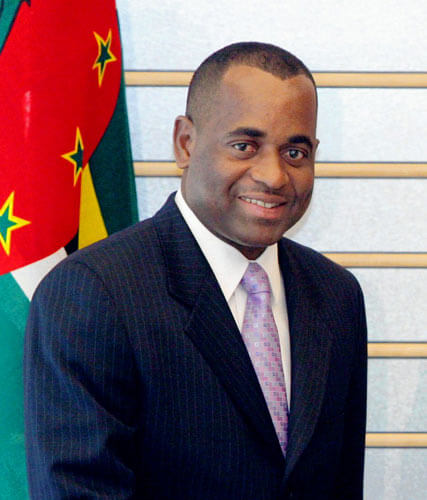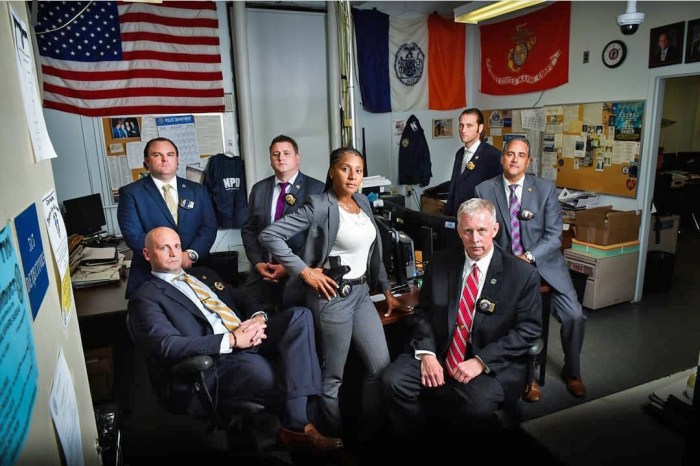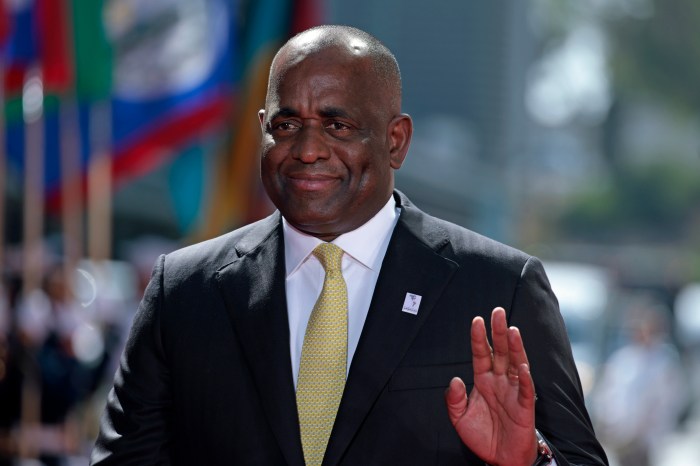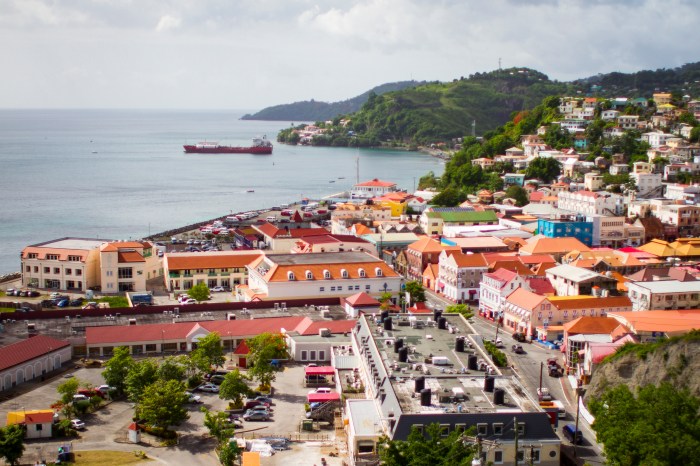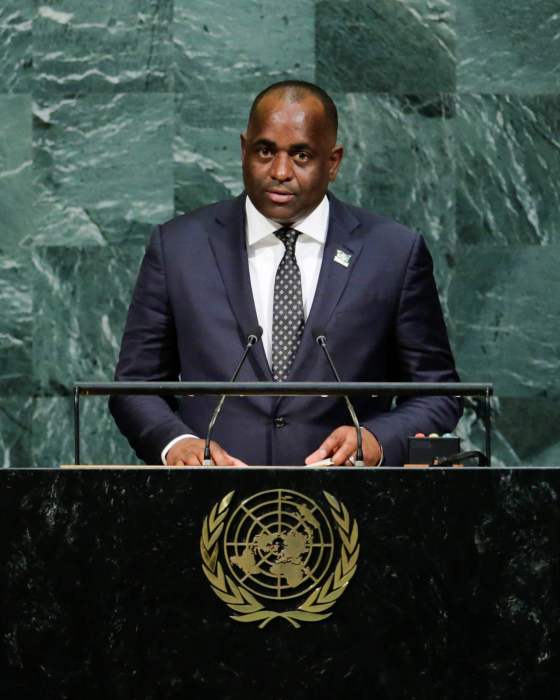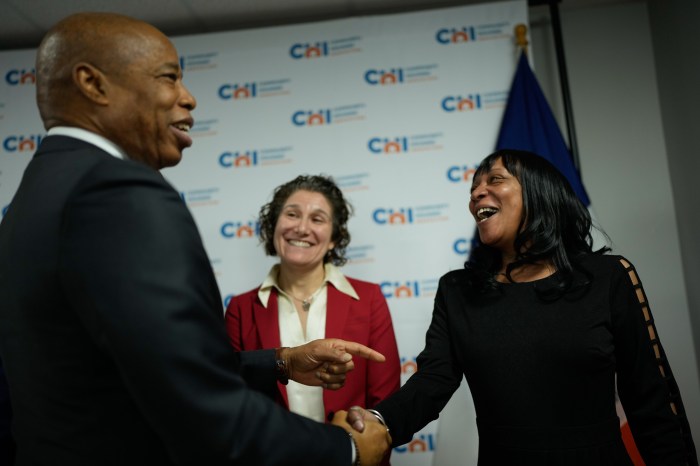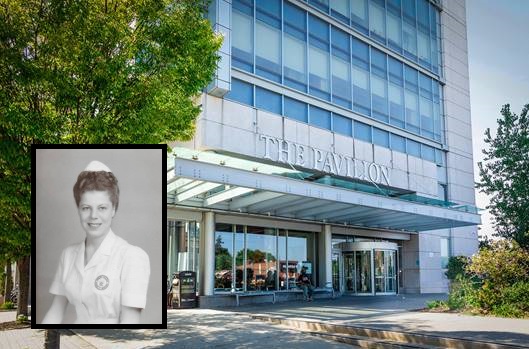As Dominica on Sunday celebrated its 35th year of political independence from Great Britain, the United States says both countries are united through “shared commitment to democracy, peace and development.”
“Through the Caribbean Basin Security Initiative, we work together to enhance the security and prosperity of our nations and the region,” said Secretary of State John Kerry in his Independence Anniversary message to the government and people of Dominica.
“On behalf of President Obama and the people of the United States, I congratulate the people of the Commonwealth of Dominica as you celebrate 35 years of independence on Nov. 3,” he added.
“As the citizens of the ‘Nature Isle’ gather to enjoy the festivities that mark this occasion, I offer best wishes for peace and prosperity in the years to come,” Kerry continued.
On Nov. 3, 1978, the Commonwealth of Dominica obtained political independence from the United Kingdom.
But political observers here say independence did little to solve problems stemming from centuries of economic underdevelopment.
In mid-1979, political discontent resulted in the formation of an interim government, led by Oliver Seraphin.
But it was replaced, after the 1980 general elections, by the Dominica Freedom Party (DFP), led by Prime Minister Eugenia Charles, the Caribbean’s first female prime minister.
Within a year of her inauguration, Charles, considered the “Iron Lady of the Caribbean,” survived two unsuccessful coup attempts.
As chairperson of the sub-regional Organization of East Caribbean States (OECS), Charles endorsed the U.S. Invasion of Grenada. The 30th anniversary of the invasion was commemorated last month.
After a 15-year rule, Charles’ DFP was defeated in the 1995 general elections by Edison James’ United Workers Party (UWP).
But the UWP was trounced in the February 2000 general elections by the Rosie Douglas-led Dominica Labor Party (DLP), which then formed a coalition with the DFP.
Douglas, however, suddenly died of a heart attack, on Oct. 1, 2000, after only eight months in office. He was succeeded by DLP’s Pierre Charles.
But, on Jan. 6, 2004, Charles, who had been suffering from heart problems since 2003, died, becoming the second successive prime minister of Dominica to die in office of the same condition.
Foreign Minister Osborne Riviere immediately became prime minister. But education minister, Roosevelt Skerrit, succeeded Riviere as prime minister, becoming the new leader of the DLP.
Skerrit has remained at the helm since succeeding in the May 5, 2005 general elections.


